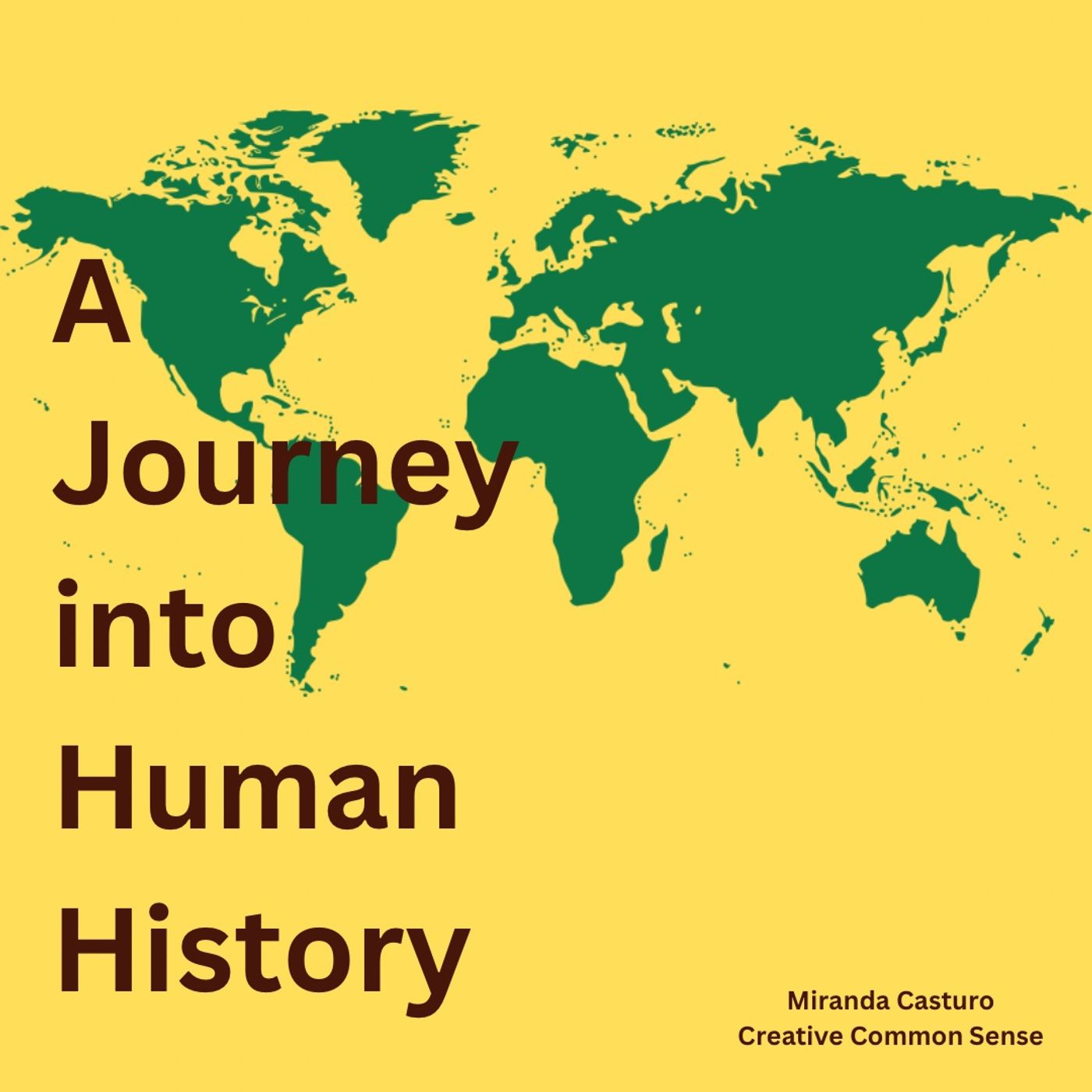From the Mamluks to Ming China
Description
The Abbasids, Ayyubids, and Ottomans all depended on enslaved or formerly enslaved people to staff their armies and run their administrations. Christian boys were taken from their parents, forced to convert to Islam, and trained as soldiers and administrators. In the Abbasid and Ayyubid states, they were called mamluks. In the Ottoman state they were Janissaries. Enslaved women might also become members of the sultan’s harem and bear him children. Enslaved people were often placed in positions of trust because, having been taken from their families as children, they were entirely dependent on the ruler for their position and thus loyal to him.
In Egypt, the mamluk soldiers overthrew the Ayyubid sultan in 1250 and established the Mamluk Sultanate. Because succession to the throne was controlled and not hereditary, the Mamluk Sultanate could maintain sway over Egypt and the Levant and fight off challenges from the Mongols until it was defeated by the Ottomans in 1517.
The Ming dynasty came to power in China after revolts drove out the Mongol rulers of the Yuan dynasty. The Hongwu emperor eliminated all challenges to his rule by creating a secret police force, eliminating the position of chief minister, and putting down rebellions in distant provinces. He forbade most foreign trade in order to protect China from foreign influences. The Yongle emperor resumed foreign trade and collected tribute, and Chinese silks and porcelains were traded in Europe, Africa, India, and western Asia. Despite China’s great power, the Ming had difficulty controlling the Mongols.
All images referenced in this podcast can be found at https://openstax.org/books/world-history-volume-1/pages/17-2-from-the-mamluks-to-ming-china
Welcome to A Journey into Human History.
This podcast will attempt to tell the whole human story.
The content contained in this podcast was produced by OpenStax and is licensed under a Creative Commons Attribution License.
Access for free at https://openstax.org/books/world-history-volume-1/pages/1-introduction
Podcast produced by Miranda Casturo as a Creative Common Sense production.
More Episodes
Over the course of the eighteenth century, a series of famines and economic crises deepened wealth inequality and narrowed access to political power on both sides of the Atlantic. As the growing influence of the public sphere and Enlightenment ideas of equality and liberty shaped opposition to...
Published 12/25/23
Published 12/25/23
Over the course of the seventeenth and eighteenth centuries, the public sphere became an increasingly important component in the spread and development of Enlightenment ideas. As networks of informal socialization and intellectual exchange, coffeehouses provided a setting in which people from all...
Published 12/22/23


